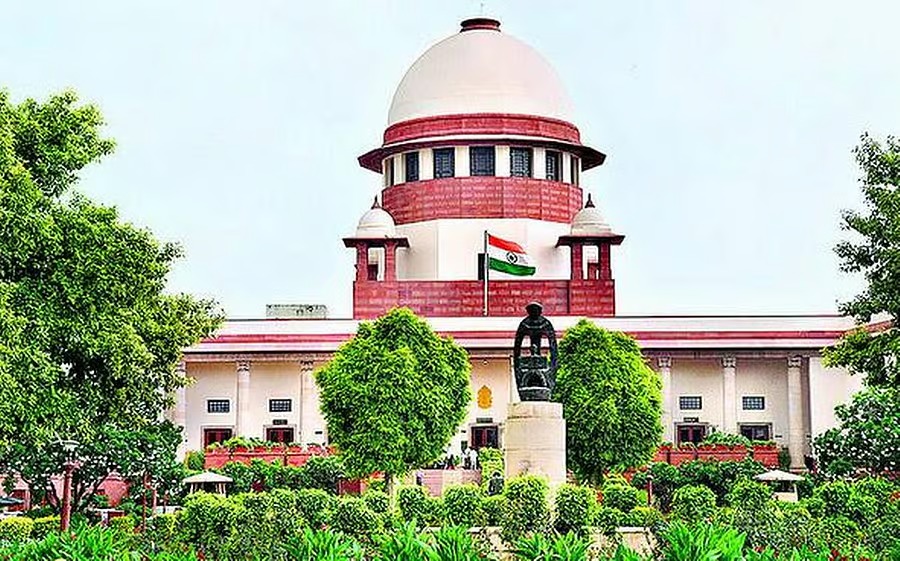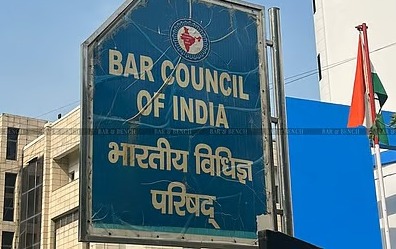Gupta, J.@mdashThis second appeal by the defendant has come before us in consequence of an order of reference passed by Asthana, J. After hearing learned counsel for the parties at some length we have come to the conclusion that this appeal must be allowed, the decree of the Court below set aside and the plaintiff''s suit dismissed.
2. There is no controversy that plaintiff-respondent Smt. Shakuntala Devi had been married to the defendant-appellant Madho Prasad and that some time after the said marriage, relations between them deteriorated. In 1963 the plaintiff filed the suit which has given rise to this appeal. The case set forward by her was that her husband started treating her cruelly and about three years earlier she was turned out by the appellant, who developed illicit connection with other women. She claimed maintenance at Rs. 40/- per month. In defence it was pleaded, inter alia, that by mutual consent of the plaintiff and the defendant a divorce had taken place and the terms of dissolution of the marriage tie were reduced in writing in the form of an agreement which was signed by both the plaintiff and the defendant, and that in consequence thereof, plaintiff was not entitled to claim any maintenance. It was specifically pleaded in the written statement that there was a custom prevalent in the community to which the parties belonged which was known as "Chhuttam Chhutta", and that the said custom permitted dissolution of the marriage tie with the mutual consent of the parties concerned. No specific issue appears to have been framed in regard to the question whether the custom referred to above prevailed in the community to which the parties belonged. The parties led evidence on the issues as framed which included an issue as follows:--
"Has the relation of husband and wife between the parties been dissolved?"
The case of the plaintiff-respondent in regard to the agreement in writing set up on defendant''s behalf, whereby according to the defendant, dissolution of the marriage tie had taken place by mutual consent, was that the plaintiff''s signature on the said document had been obtained by practising fraud. This case has been negatived by the court below, and there is no controversy now that the defendant-appellant''s case in regard to the execution of the said document must be accepted as correct. The trial court, however, negatived the defendant''s plea about dissolution of the marriage tie on the ground that no legal dissolution had taken place, with the result that the marriage tie must be deemed to subsist. Accordingly the trial court decreed the plaintiff''s claim for maintenance at the rate of Rs. 30/-per month together with arrears in a sum of Rs. 100/-.
3. In the appellate court it was urged on defendant''s behalf that he should be allowed to lead evidence to establish the custom set forward by him in the course of his pleadings. Reference was made to the circumstance that an application had been made in the trial court on defendant''s behalf seeking permission of that court to lead evidence to prove the custom set up by the defendant. This application had no doubt been made at a late stage of the case, and the lower appellate court, therefore, took the view that the trial court was justified in rejecting the prayer made on defendant''s behalf and proceeded to decide the case on such evidence as had already been led on behalf of the parties. Having agreed with the findings recorded by the trial court, the appellate court dismissed the appeal. The defendant then filed the 2nd appeal before us.
4. The appeal came up for hearing before Asthana, J. and considerable arguments on defendant''s behalf appear to have been advanced before him to persuade him to permit the defendant to lead evidence to prove the custom of ''Chhuttam Chhutta'' set forward in his pleadings. On the 18th of December, 1968, Asthana, J. passed an order which shows that after hearing learned counsel for the parties at some length he came to the conclusion that it was necessary in the interest of justice and for pronouncing a satisfactory judgment to obtain a finding on the question whether in the community known as ''Barai Chaurasiya'' to which the parties belonged, there exist a custom, popularly known as "Chhuttam Chhutta". whereby a marriage could be dissolved by agreement of the spouses. The said order contained a direction to the court below to record a finding with permission to the parties to lead evidence bearing on the foresaid issue.
5. After receipt of the record by the court below, evidence was led by the parties to the suit, which included statements made by five witnesses on defendant''s behalf and seven witnesses on plaintiff''s behalf. The finding recorded by the court below, after considering the evidence before it, was that there did exist a custom in the community concerned whereby parties could dissolve marriage by mutual consent. On receipt of the aforesaid finding by this Court, objections were filed on behalf of the plaintiff-respondent. Thereafter the matter again came up before Asthana, J. who by order dated the 9th of September, 1969 referred the case to a Division Bench on the view that an important question of law affecting an important section of the Hindu community known as ''Barai Chaurasiya'' had arisen for consideration.
6. Mr. G. P. Bhargava, who has appeared before us on behalf of the plaintiff-respondent, set forward two arguments. The first was that the order of Asthana, J, dated the 18th of December, 1968 calling for a finding on the question of existence or otherwise of the custom set up on defendant''s behalf with permission to the parties to lead evidence was not proper, and that therefore the evidence recorded by the court below, as also the finding recorded thereon, should be ignored. The second argument was that the finding recorded by the court below was not correct. Having heard Mr. Bhargava we find ourselves unable to accept any of the above mentioned arguments.
7. In support of the first argument Mr. Bhargava contended that it is open to this Bench to go into the merits of and consider the question whether refusal by the trial court to permit the defendant to lead evidence on custom was justified, notwithstanding the fact that Asthana, J., after hearing learned counsel for the parties, came to the conclusion that such permission may be granted and a finding obtained. Assuming that it is open to us to go into the question whether the order of Asthana, J., dated the 18th of December, 1968 was correct or otherwise, we have no hesitation in agreeing with Asthana, J., that in the circumstances of the case it was desirable to record a finding on the question of custom raised on behalf of the defendant after giving opportunity to the parties to lead evidence. The custom alleged had been specifically pleaded but the question as to whether such a custom did or did not exist was not brought out in clear relief by framing a specific issue about that controversy, and in the circumstances, we are of opinion that Asthana, J''s order dated 18th December, 1968 was eminently proper.
8. Turning now to the second argument in regard to the correctness of the finding recorded by the court below we are of opinion that the said finding is well sustained. The evidence of all the witnesses examined by the parties was placed before us. It does not appear necessary to cite the evidence in its entirety. The five witnesses examined on defendant''s behalf supported the defendant''s case that the custom set up by him existed in the community. What, however, is important are statements made by plaintiff''s own witnesses, which fully support the plea of custom set up in defence. Reference may be made in particular to evidence given by Deokaran. Ram Manohar and Chunnilal, each of whom was examined on plaintiff''s own behalf. Deokaran stated in cross-examination that if a lady left her husband and married another man, she could nevertheless be admitted in the Biradri after giving a ''Bhoj''. Ram Manohar stated in cross-examination, in so many words, that there was a custom in his community whereby a wife or a husband could leave the other partner and remarry. Learned counsel for the plaintiff-respondent has failed to point out any thing on record which may indicate any suggestion on plaintiff''s behalf that her witness Ram Mano-har had turned hostile. Chunnilal, the last witness examined on plaintiff''s behalf put the final nail by deposing to several instances of "Chhuttam Chhutta" in the Biradri of the parties and by lastly saying that the said custom had been prevalent since a long time. This Chunnilal was the Secretary of the ''Barai Chaurasiya Sabha'' at Allahabad. There is no controversy that the said Sabha represented the community to which the parties belong and, as in the case of Ram Manohar, there is no material on record to suggest any thing against the veracity of Chunnilal, plaintiff''s own witness. We are satisfied that keeping in view the state of material before the court below, as discussed above, the finding recorded by the court below In favour of the custom set up on defendant''s behalf is well sustained. The objections to the said finding filed on plaintiff''s behalf must, therefore, fail.
9. We are satisfied that the elements necessary to establish a valid custom existed in the present case and there is no controversy that the result of the finding recorded by the court below in favour of the custom set up on defendant''s behalf is that the plaintiffs claim must fail.
10. Accordingly we allow this appeal, set aside the decree in plaintiff''s favour and dismiss the plaintiff''s suit. Keeping in view the peculiar circumstances of the case there shall be no order as to costs either of the courts below or of this court.

